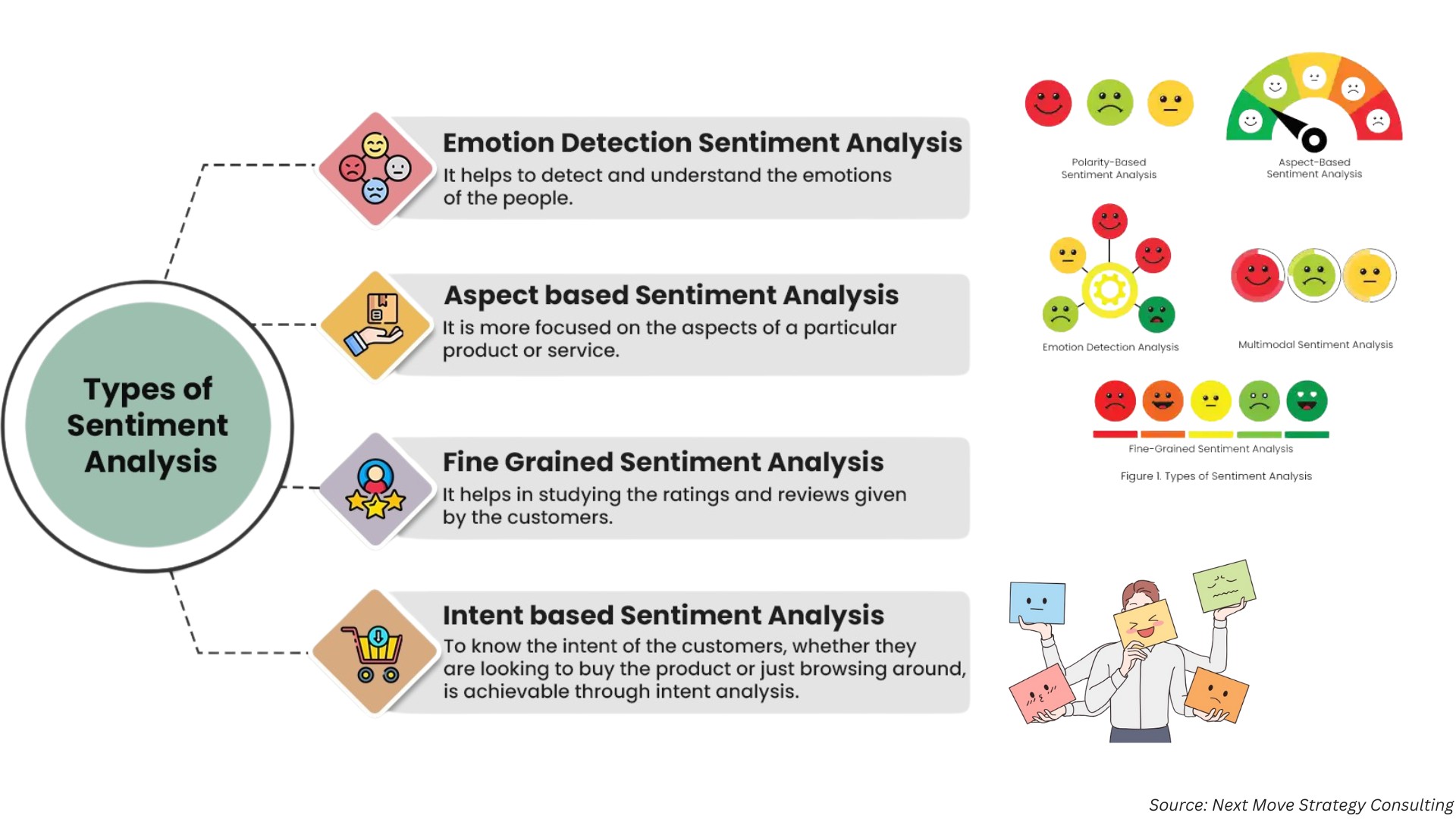South Korea Industrial Process Automation Market is expected to reach USD 1597 million by 2030
Published: 2025-10-08
Increasing Government Initiatives and Growing Technological Advancements are Driving up Demand for the South Korea Industrial Process Automation Market During the Forecast Period.
South Korea Industrial Process Automation Market size was valued at USD 1.12 billion in 2024 and is projected to grow to USD 1.24 billion by 2025. Additionally, the industry is expected to continue its growth trajectory, reaching USD 1.80 billion by 2030, at a CAGR of 8.14% from 2025 to 2030, according to new research by Next Move Strategy Consulting. The South Korean government has introduced programs aimed at fostering Industry 4.0 and smart factory technologies, particularly with an emphasis on assisting small and medium-sized enterprises.
This initiative is projected to stimulate the need for industrial process automation solutions within the nation. Smart factories heavily depend on automation technologies such as industrial robots, industrial sensors, and machine vision systems to enhance production processes, reduce downtime, and enhance product quality, making the demand for such solutions a key driving force.
The government's plan aims to establish 4,500 smart factories in ten major sectors by 2025, which is a strong indication of the growing importance of industrial process automation in the country. The government's support for the adoption of these technologies is a contributing factor to the growth of industrial process automation in South Korea.
However, a notable impediment to the progression of the industrial process automation market arises from the absence of standardized procedures. When there is a lack of established protocols, it can incentivize manufacturers to develop their proprietary systems that prove challenging to replace or upgrade. This situation can lead to a scenario where companies overly rely on a single vendor's technology, constraining their ability to collaborate with multiple service providers.
Vendor lock-in can result in increased costs, reduced flexibility, and limited opportunities for innovation, all of which can have an adverse impact on the growth of the industrial process automation market. Concerns about being tethered to a specific vendor's technology may discourage companies from investing in automation systems, thereby hindering the market's expansion.
On the other hand, the increasing adoption of cloud-based automation solutions presents a significant growth opportunity for the industrial process automation industry. These solutions offer several benefits such as increased efficiency, productivity, and profitability for businesses. They can be easily scaled up or down, making them suitable for businesses of all sizes.
Additionally, cloud-based solutions offer enhanced control and transparency within industrial processes, resulting in substantial reductions in expenses related to the upkeep and enhancement of hardware, software, and infrastructure. This cost-saving feature allows companies to redirect resources towards their core competencies and other strategic areas of their operations. The increasing adoption of cloud-based solutions for handling and harnessing 3D data acquired from reality capture devices indicates a noticeable surge in interest toward embracing these technologies.
For instance, in January 2022, Accenture made a strategic investment via Accenture Ventures in Cintoo, a company that offers cloud-based solutions for the management and utilization of 3D data acquired from reality capture devices. As a result, continued growth and innovation in the industrial process automation industry is expected in the future.
Request for a Sample PDF on the South Korea Industrial Process Automation Market
According to the report, leading players in the South Korea Industrial Process Automation market include Siemens AG (Siemens Korea), ABB Ltd (ABB Korea), Schneider Electric SE (Schneider Electric Korea), Honeywell International Inc. (Honeywell Korea), Emerson Electric Co. (Emerson Korea), Rockwell Automation, Inc. (Rockwell Korea), Yokogawa Electric Corp. (Yokogawa Korea), Mitsubishi Electric Corp. (Mitsubishi Electric Automation Korea), Omron Corp. (Omron Korea), Fanuc Corp. (Korea Fanuc Corp.), Yaskawa Electric Corp. (Yaskawa Korea), LS Electric Co., Ltd., Bosch Rexroth AG (Bosch Rexroth Korea), Beckhoff Automation GmbH (Beckhoff Korea), and Delta Electronics Inc. (Delta Korea).
Key Insights from the South Korea Industrial Process Automation Market Report:
-
The information related to key drivers, restraints, and opportunities and their impact on the South Korea Industrial Process Automation market is provided in the report.
-
The value chain analysis in the market study provides a clear picture of the roles of each stakeholder.
-
The market share of players in the South Korea Industrial Process Automation market is provided in the report along with their competitive analysis.
















Add Comment